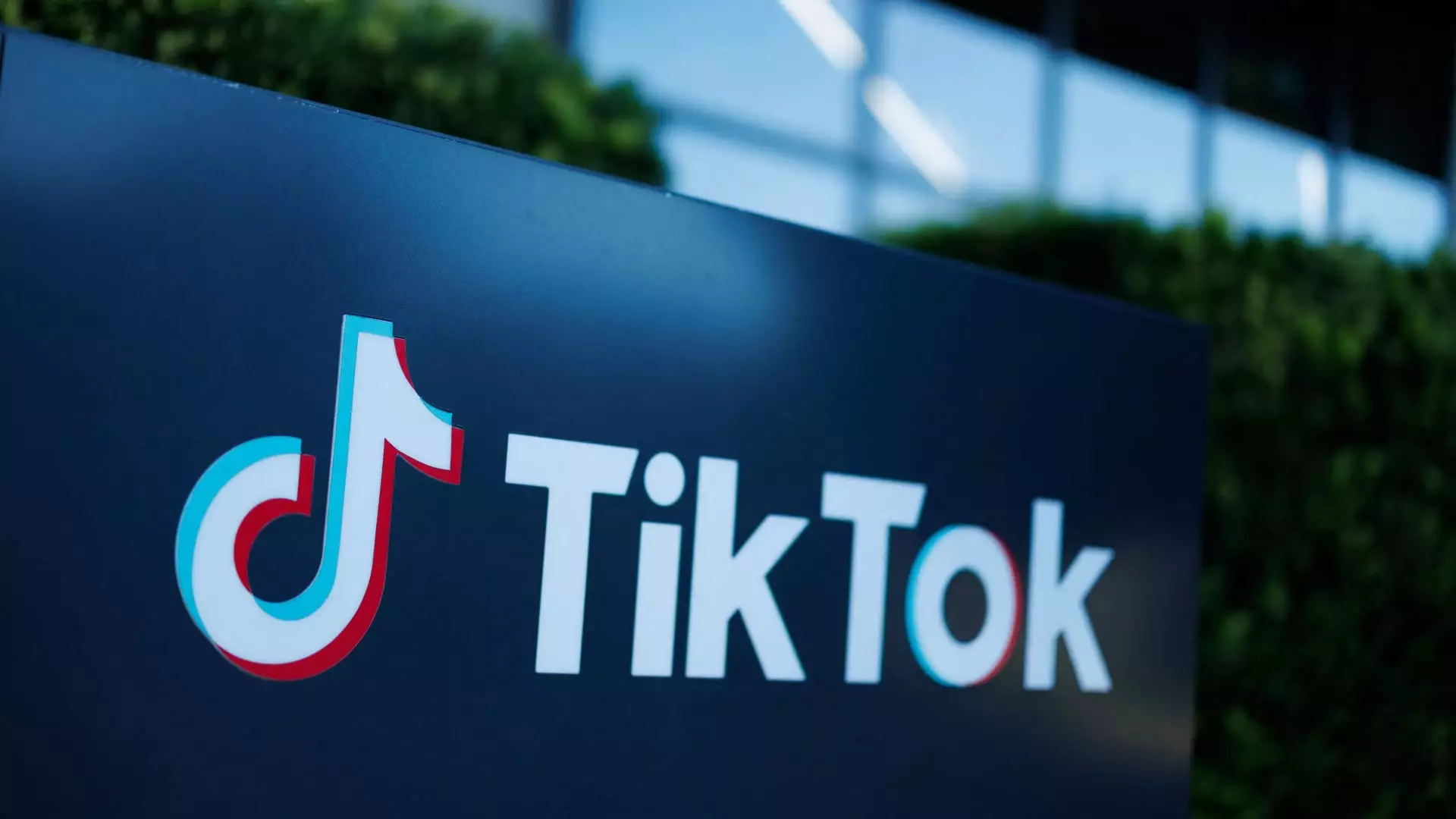The world of social media has often been plagued by concerns over user safety, privacy issues, and mental health implications. However, as new allegations surface, a different concern rears its head: the financial exploitation of minors. The District of Columbia’s Attorney General, Brian Schwalb, has taken a bold stance against TikTok, a platform beloved by millions of children and young adults, alleging that the app misuses its digital currency system. This claim stands at the forefront of a broader lawsuit filed by a bipartisan group of 13 state attorneys general, aiming to unveil not only the exploitation of youth but also significant regulatory breaches that TikTok allegedly commits.
What makes this case particularly alarming is how TikTok has constructed its in-app economy. Users can purchase TikTok Coins, a virtual currency, using actual money, similar to buying poker chips at a casino. Through these coins, young users have the opportunity to send “gifts” to creators during live streams. However, the issue lies in the architecture of this virtual marketplace, designed to be appealing yet fundamentally predatory. The lawsuit asserts that TikTok’s virtual currency allows children—often ill-equipped to understand financial transactions—to engage in monetary exchanges that could lead to serious financial consequences.
Children can easily sidestep the platform’s already feeble age-verification measures, raising ethical questions about the company’s responsibility toward youth users. By not taking comprehensive action to prevent underage transactions, TikTok effectively invites children into its financially risky ecosystem, where they can waste their money with little understanding of the consequences. The company reportedly takes a hefty commission from these exchanges, profiting off transactions that exploit minors.
This lawsuit is more than just an allegation; it introduces complex issues regarding the platform’s compliance with money transmission laws. The financial regulations are designed specifically to protect vulnerable populations from exploitation—a fact that underscores the severity of the accusations. If found guilty, TikTok may be forced not only to rectify its financial practices but to re-evaluate its entire business model concerning its young audience.
The repercussions of this legal challenge could reach far beyond TikTok. Companies across the social media landscape that utilize similar economic frameworks may be compelled to reassess how they engage with their users, particularly minors. The flexibility with which digital currencies are handled on these platforms must be scrutinized, and the potential for reform is ripe in an age increasingly dominated by online interactions.
Experts in technology and economics recognize the profound implications of the TikTok case. Gabriel Robins, a professor of computer science at the University of Virginia, articulates the treacherous ground on which TikTok stands, reflecting on child vulnerability in financial contexts. Robins asserts that many social media platforms mimic the video game industry by creating enticing online marketplaces. The setup is inherently dangerous because many children lack the experience and knowledge to navigate financial decisions, leading them susceptible to manipulative practices.
The allure of a playful interface can mask the more sinister financial reality, as children easily funnel money into a system advantageous to the corporation but detrimental to their well-being. This adds another layer of concern regarding ethical responsibility versus corporate profit, as youth-oriented platforms must grapple with their influence on the habits and financial understanding of a generation.
As these legal proceedings unfold, it is imperative for both lawmakers and technology companies to scrutinize and adapt their approaches to youth engagement. The broad implications of this lawsuit could serve as a bellwether for impending regulations that safeguard children from the potentially predatory practices of social media companies. If these companies fail to implement substantive changes in the wake of legal action, they might find themselves shouldering not only legal burdens but significant public backlash as well.
The intersection of technology, commerce, and youth culture is complex and must navigate ethical considerations carefully. The TikTok case has illuminated the necessity for accountable practices in an ever-evolving digital landscape. Ultimately, safeguarding children in this space should be a collaborative effort between companies, regulators, and society at large.

Leave a Reply